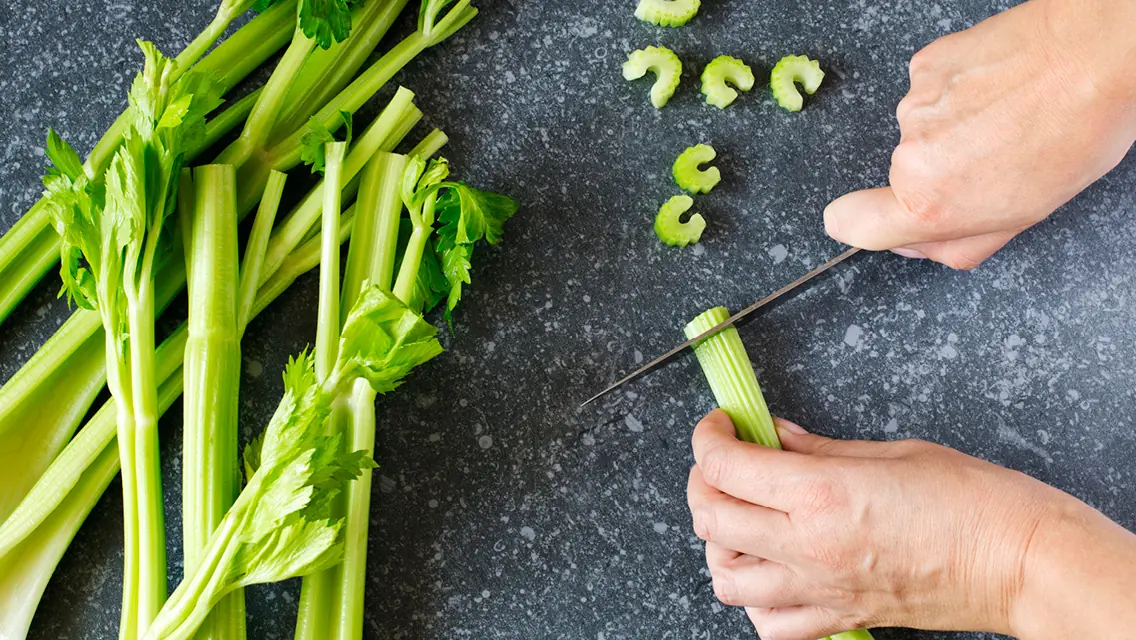
Natural Solutions for Gout: Tackling Uric Acid to Prevent Pain
Natural Solutions for Gout: Tackling Uric Acid to Prevent Pain
Gout is a painful and complex form of arthritis characterized by sudden, severe attacks of pain, redness, tenderness, and swelling in the joints. It most commonly affects the big toe, but can also strike the heels, knees, wrists, and fingers. The root cause of gout is high levels of uric acid in the blood, which crystallize and deposit in the joints, leading to intense inflammation and discomfort. While men are more prone to gout, women's vulnerability increases significantly after menopause.
Fortunately, a combination of diet and lifestyle adjustments can be highly effective in managing and preventing gout attacks.
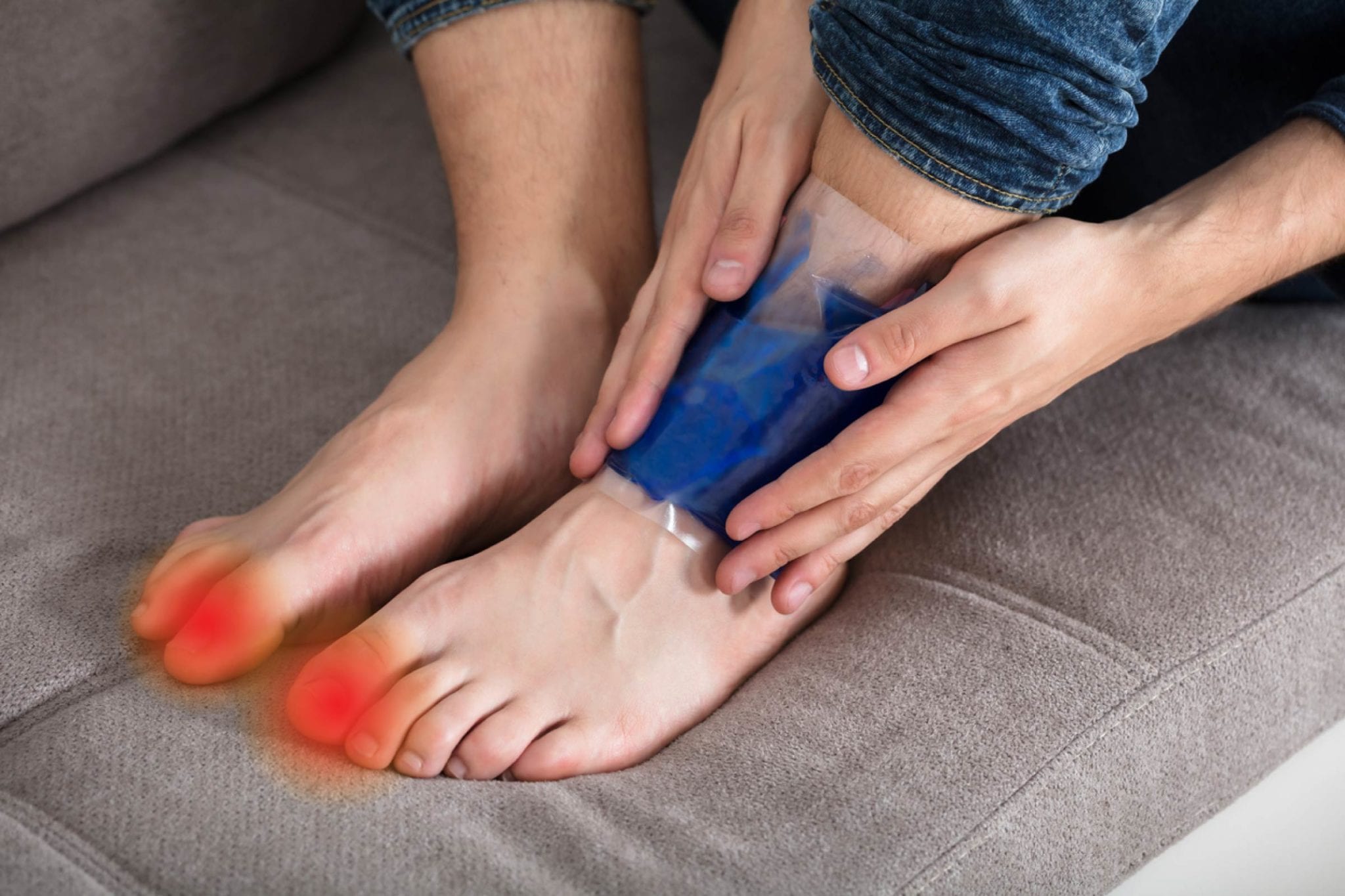
Diet and Lifestyle Strategies to Alleviate Gout
1. Manage Your Weight: Obesity is a major risk factor for gout, with approximately half of all sufferers being overweight. Losing excess weight and maintaining a healthy body mass significantly reduces the chances of future gout attacks.
2. Exercise (When Appropriate): Avoid exercise during acute gout flares to prevent further injury. However, once your gout is under control, regular physical activity can improve circulation and help normalize uric acid levels in the body.
3. Hydrate Liberally: Drinking plenty of water (around 8 glasses a day) is crucial for flushing uric acid from your system and preventing crystal buildup in the joints. Studies link higher water intake to lower uric acid levels. Adding the juice of half a lemon to an 8-ounce glass of warm water, consumed 30 minutes before breakfast, can further aid in preventing urate crystal formation.
4. Foods to Avoid: To reduce uric acid levels, steer clear of foods rich in purines, which break down into uric acid:
-
Organ meats: Liver, kidney.
-
Certain seafood: Sardines, anchovies.
-
Limit: Red meat.
-
Eliminate/Reduce: Coffee and other caffeine sources, excessive sugar, and alcohol.

Foods to Incorporate for Gout Relief
1. Ginger: This potent herb offers proven health benefits, including pain reduction and uric acid level control. Studies have shown ginger can reduce uric acid-related pain in gout sufferers. Consider adding ginger to your diet or drinking lemon ginger tea.
2. Cherries and Berries: Cherries (especially tart cherries), strawberries, and other berries are packed with antioxidants and compounds like anthocyanins and bioflavonoids that fight inflammation. Research indicates that consuming about 30 cherries within 48 hours of a gout attack can significantly cut the risk of recurrence. Daily consumption of a handful of cherries or a glass of 100% tart cherry juice has shown promise in reducing serum uric acid levels. Tart cherry extract capsules are also an option.
3. Apple Cider Vinegar (ACV): While more research is needed, acetic acid in apple cider vinegar is believed to help break up uric acid crystals and prevent their reformation, improve circulation, and reduce inflammation and swelling in joints. Dilute 2 tablespoons of ACV in water and drink two to three times daily.
4. Magnesium-Rich Foods: Magnesium is a vital mineral that helps lower uric acid levels. Adequate magnesium intake is linked to reduced gout risk. Incorporate magnesium-rich foods like avocado, banana, kale, and spinach into your daily diet. Note that while spinach is high in purines, studies suggest purine-rich vegetables like spinach and asparagus don't increase gout risk.
5. Lemon: Lemon, a citrus fruit with numerous health benefits, has been shown in medical studies to help reduce uric acid levels. A mixture of half a squeezed lemon's juice with warm water and 2 teaspoons of apple cider vinegar, consumed twice daily, can aid in this.
6. Turmeric: The active ingredient curcumin in turmeric possesses anti-inflammatory properties that can help manage gout symptoms and has been found to reduce uric acid levels. Consult your doctor before taking turmeric supplements, especially if on other medications.
7. Parsley: This natural diuretic helps the kidneys flush excess uric acid from the bloodstream. A compound in parsley called apigenin inhibits the enzyme responsible for converting purines into uric acid, offering potential as a gout treatment.
8. Pineapple: Pineapple contains bromelain, a compound of digestive enzymes believed to reduce gout symptoms and ease pain due to its anti-inflammatory properties. Both fresh and canned pineapple, or pineapple juice, can be beneficial.
9. Apples (with Caution): While some anecdotal claims suggest apples, due to their malic acid content, might help lower uric acid, scientific studies are lacking. Conversely, some research indicates that fructose in apples could potentially trigger hyperuricemia and gout flare-ups.
Gout-Relieving Juices and Drinks
-
ACV, Lemon & Turmeric Mix: Combine the juice of half a squeezed lemon with warm water, 2 tsp apple cider vinegar, and a pinch of turmeric. Drink twice daily.
-
Ginger & Cherry Juice: Add 1 tsp of crushed ginger to a cup of cherry juice and drink twice a day.
-
Green Juice for Uric Acid: Blend 1 cucumber, ¼ lemon slice, a thumb-sized piece of ginger, spinach, and avocado.
Other Beneficial Foods and Supplements for Gout
-
Baking Soda: Can help reduce uric acid. Mix 1/2 teaspoon in 8 oz of water and drink. For acute attacks, increase to 1 teaspoon up to 4 times a day. Caution: Baking soda can raise blood pressure, so consult your doctor before use.
-
Devil's Claw Extract: This anti-inflammatory herb can ease pain associated with arthritis, gout, and muscle pain. Avoid if you have diabetes or are on blood-thinning medication.
-
Safflower Capsules: May help neutralize uric acid, remove toxins, and reduce painful stiff joints due to its anti-inflammatory properties.
Acute Gout Pain Relief Strategies
When a gout attack strikes, consider these methods to alleviate pain and inflammation:
-
Cold Packs/Compresses: Apply to the affected joint for 20-30 minutes several times a day to reduce inflammation and pain.
-
Epsom Salt Baths: Add 2 cups of Epsom salt to bathwater and soak for at least 15 minutes, three times a week, to reduce pain and muscle cramps. For localized relief, use a hand-foot soak with ½ cup of Epsom salt in a large bowl.
-
Rest and Elevation: Rest the affected joint until pain decreases. If possible, elevate the joint on a pillow.
-
Essential Oils: Certain essential oils possess analgesic, anti-spasmodic, anti-inflammatory, and anti-rheumatic properties that may help relieve pain.
By adopting these natural strategies, you can proactively manage uric acid levels, prevent painful gout attacks, and improve your overall joint health. Which of these approaches will you try first to support your well-being?
News in the same category


Mold Illness: What It Is, Hidden Signs, and How to Protect Your Home

80% of Heart Attacks Are Preventable: Embrace These 5 Simple Habits
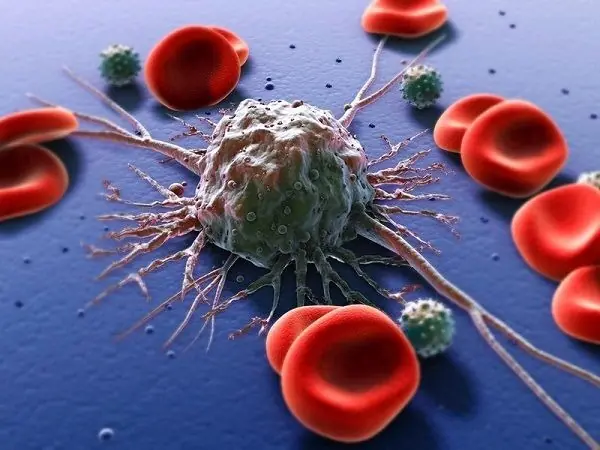
Is Cancer Hereditary? Helpful Tips to Prevent the Growth of Cancer Cells
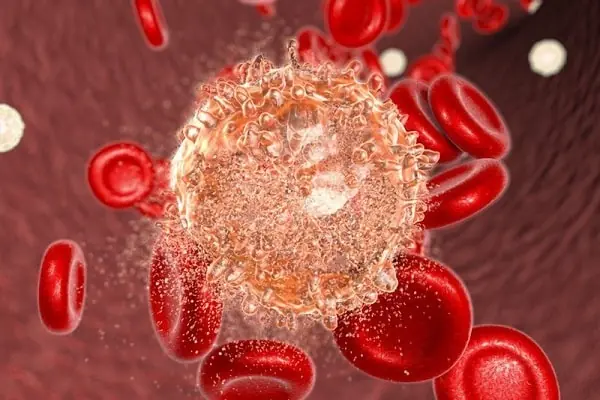
Warning from Hospitals: Eating This Type of Meat Every Day Can Increase Cancer Risk – Don’t Be Complacent!
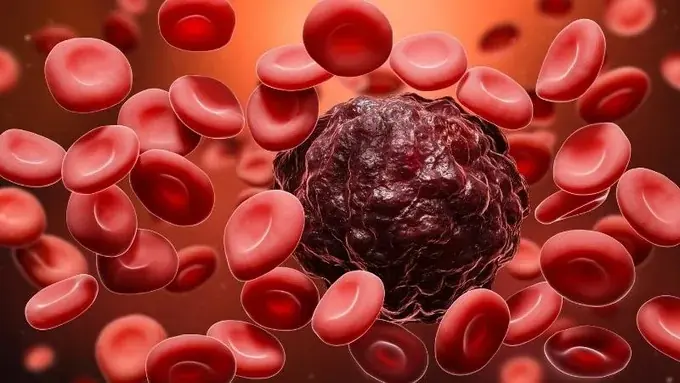
3 Pain Areas on the Body That Could Signal Early-Stage Cancer: Don’t Delay, or It Could Spread

Don't Ignore These 15 Common Cancer Symptoms: A Guide to Early Detection
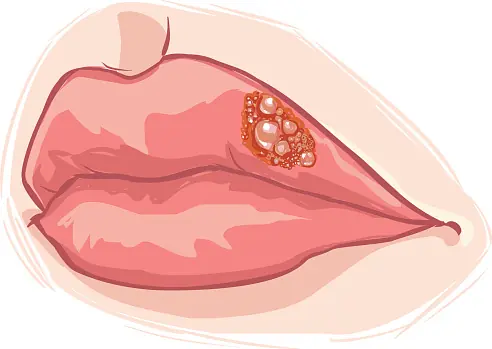
5 Hidden Nutritional Deficiencies You Likely Have (and How to Fix Them)

3-Year-Old Girl Bites and Swallows Mercury from a Broken Thermometer — Her Mother’s Quick Thinking Saves Her Life and Earns Praise from Doctors

More and More Young People Are Suffering from Colon Cancer — Doctors Warn: Eat Less of These 3 Things!
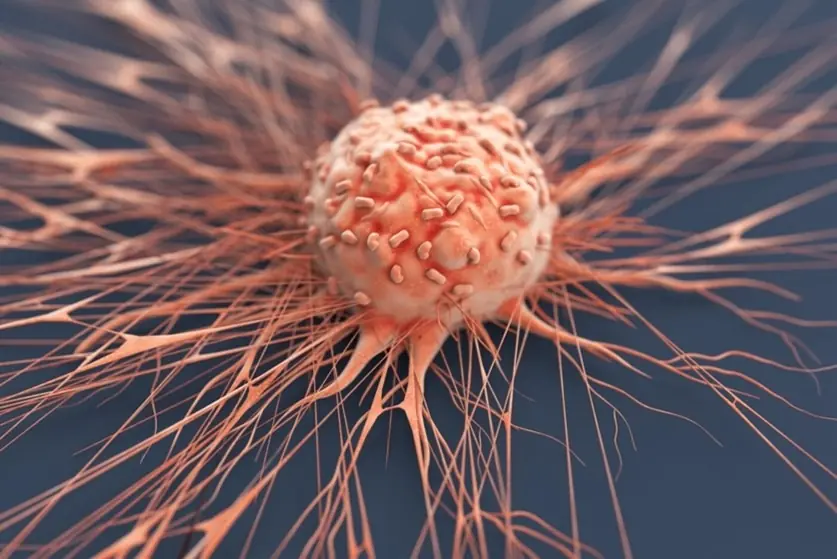
Diagnosed with Late-Stage Stomach Cancer, I Painfully Realized: 3 Foods Left Too Long in the Fridge Were the "Accomplices"

Waking Up to Shoulder Pain: Causes, Solutions, and How to Sleep Soundly

Your Lymphatic System: A Hidden Key to Lifelong Health

Doctors Issue Urgent Warning: Weight-Loss Jab Users Risk Malnutrition and Muscle Loss Amid Diet Concerns

You Should Never Ignore These 9 Things Your Fingernails Reveal About Your Health
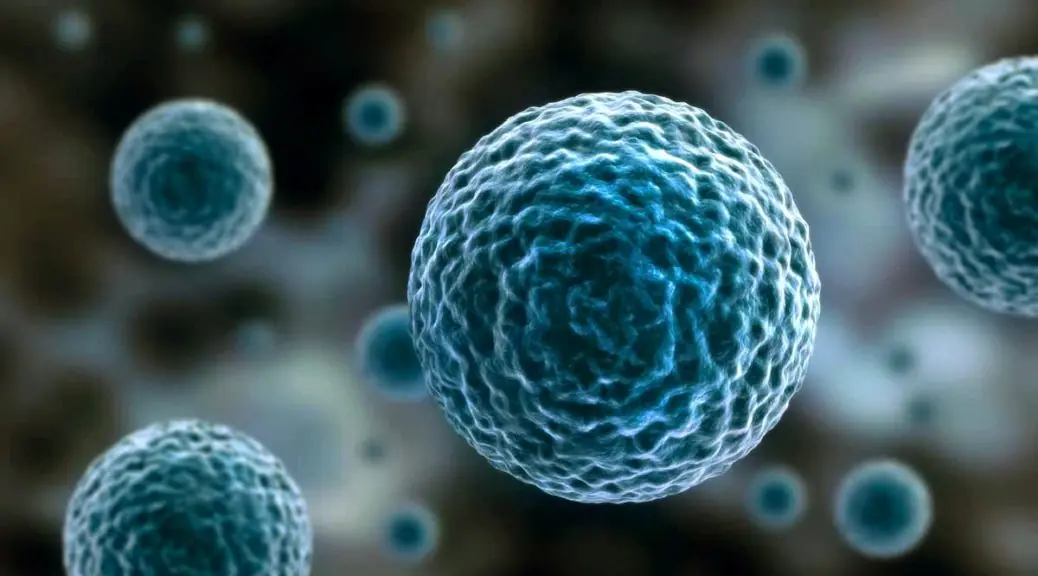
6 Foods That Are Not Compatible with Tumors, Remember to Eat Them Regularly
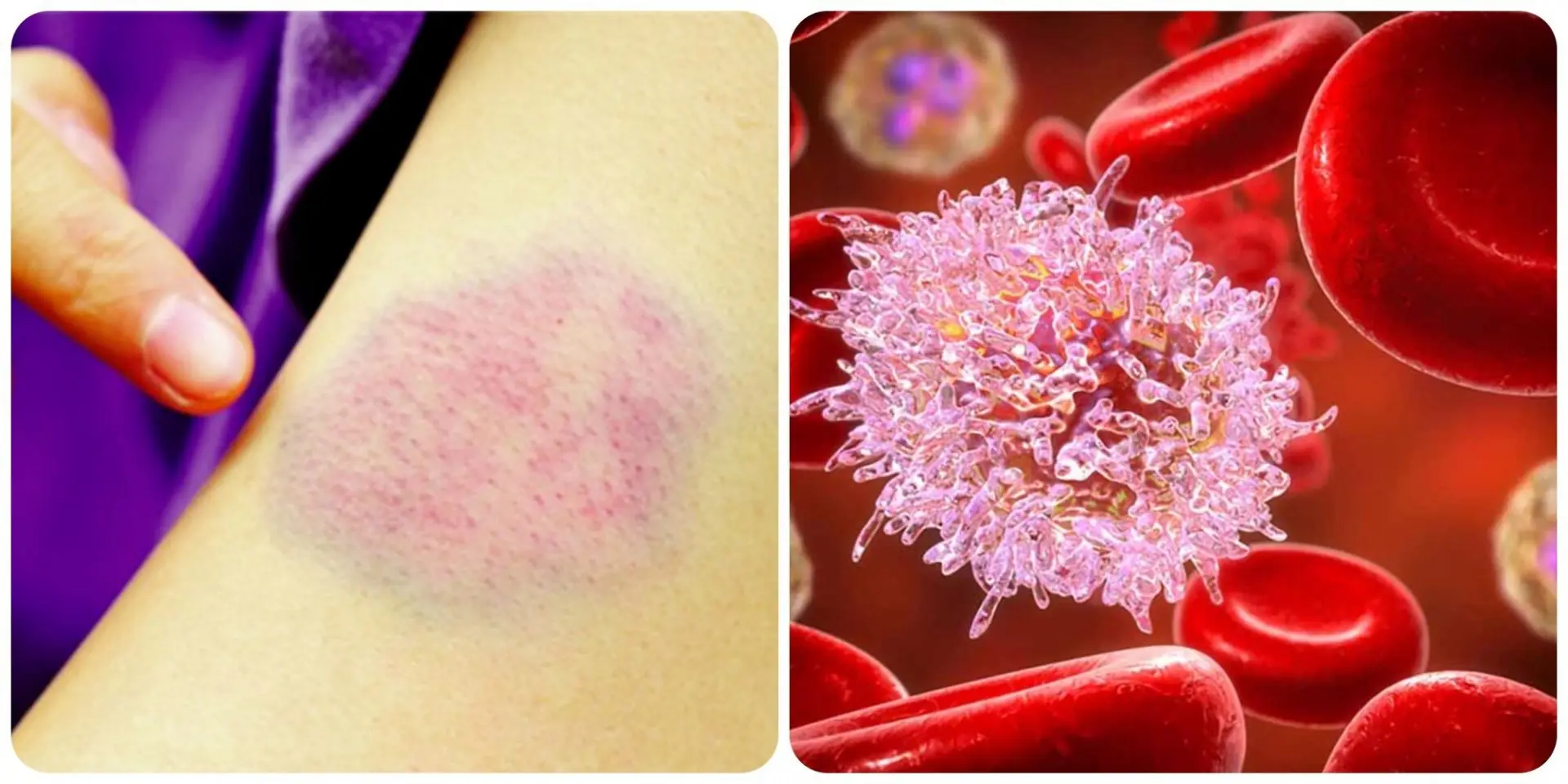
Before Cancer Knocks: 4 Signs on Your Hands and Feet Not to Be Ignored

Doctors Warn: 4 Food Storage Habits in the Refrigerator That Can Cause Cancer

Doctors Said It Was Gallstones—But It Was Stage Four Cancer
News Post

AI is Finally Learning to Translate Cat Meows Into Human Speech. Here Are the Tools to Try
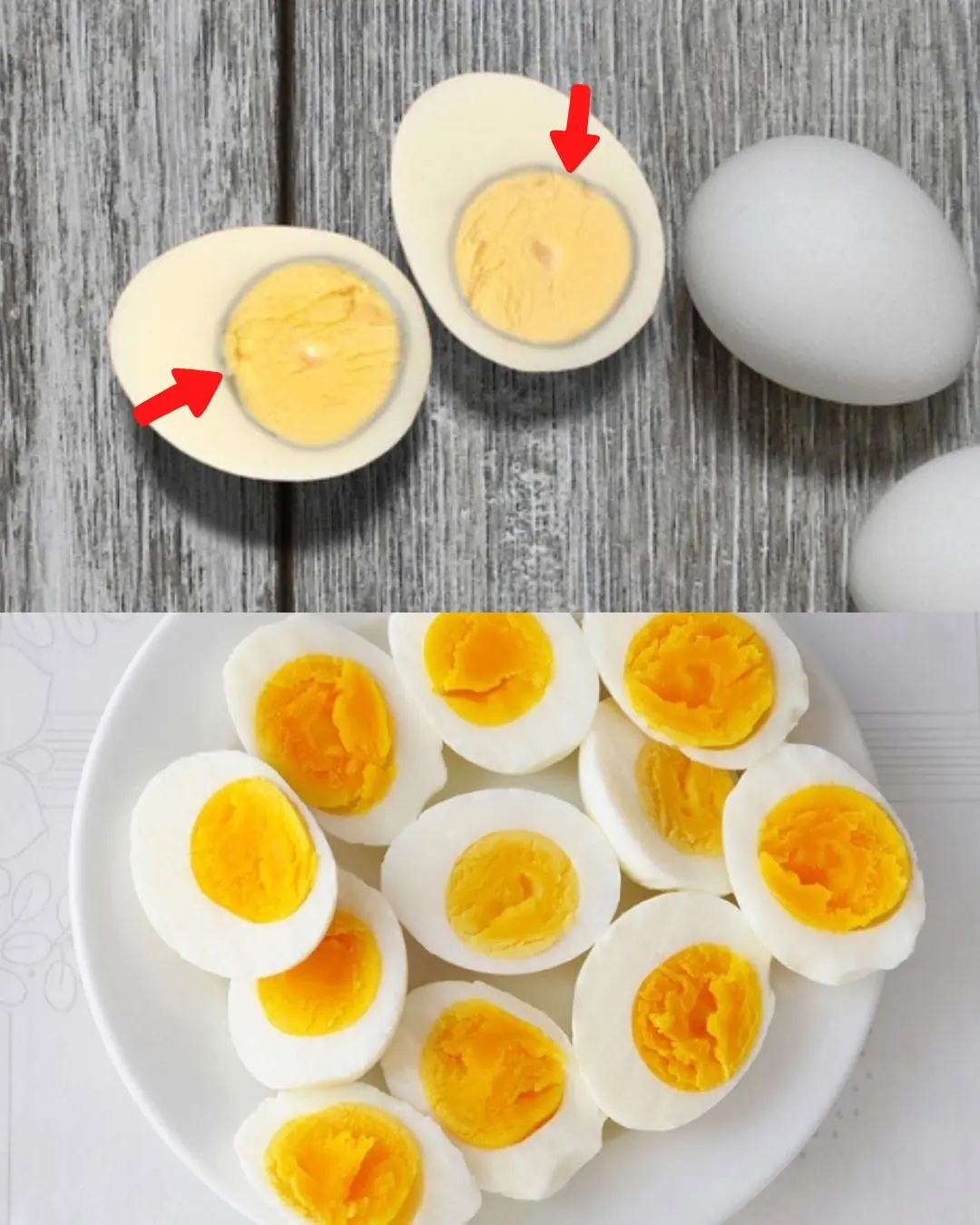
What causes the green ring around hard-boiled eggs?

Scientists Say More Animals Are Conscious Than We Ever Imagined—Even Insects

5 foods you should never keep overnight

63 Earths Can Fit Comfortably Inside Uranus

Scientists Develop Eco-Friendly Concrete Alternative From Sugarcane Waste, Called Sugarcrete

Mom Tells Boy He Can Pick Any Animal At Shelter. He Picked This Eldery, Overweight And Shy Cat

A New Study Suggests We Might Be Sitting Inside a Huge Cosmic Void and That Could Solve One of the Biggest Puzzles in Cosmology

Proven Health Benefits of Celery & Nutritional Facts (Evidence-Based)

Mold Illness: What It Is, Hidden Signs, and How to Protect Your Home

80% of Heart Attacks Are Preventable: Embrace These 5 Simple Habits

Is Cancer Hereditary? Helpful Tips to Prevent the Growth of Cancer Cells

Warning from Hospitals: Eating This Type of Meat Every Day Can Increase Cancer Risk – Don’t Be Complacent!

3 Pain Areas on the Body That Could Signal Early-Stage Cancer: Don’t Delay, or It Could Spread

What Your Ankle Bracelet Really Says About You — It’s More Than Just Jewelry

Truth behind viral statement after married CEO caught with employee on Coldplay kiss cam
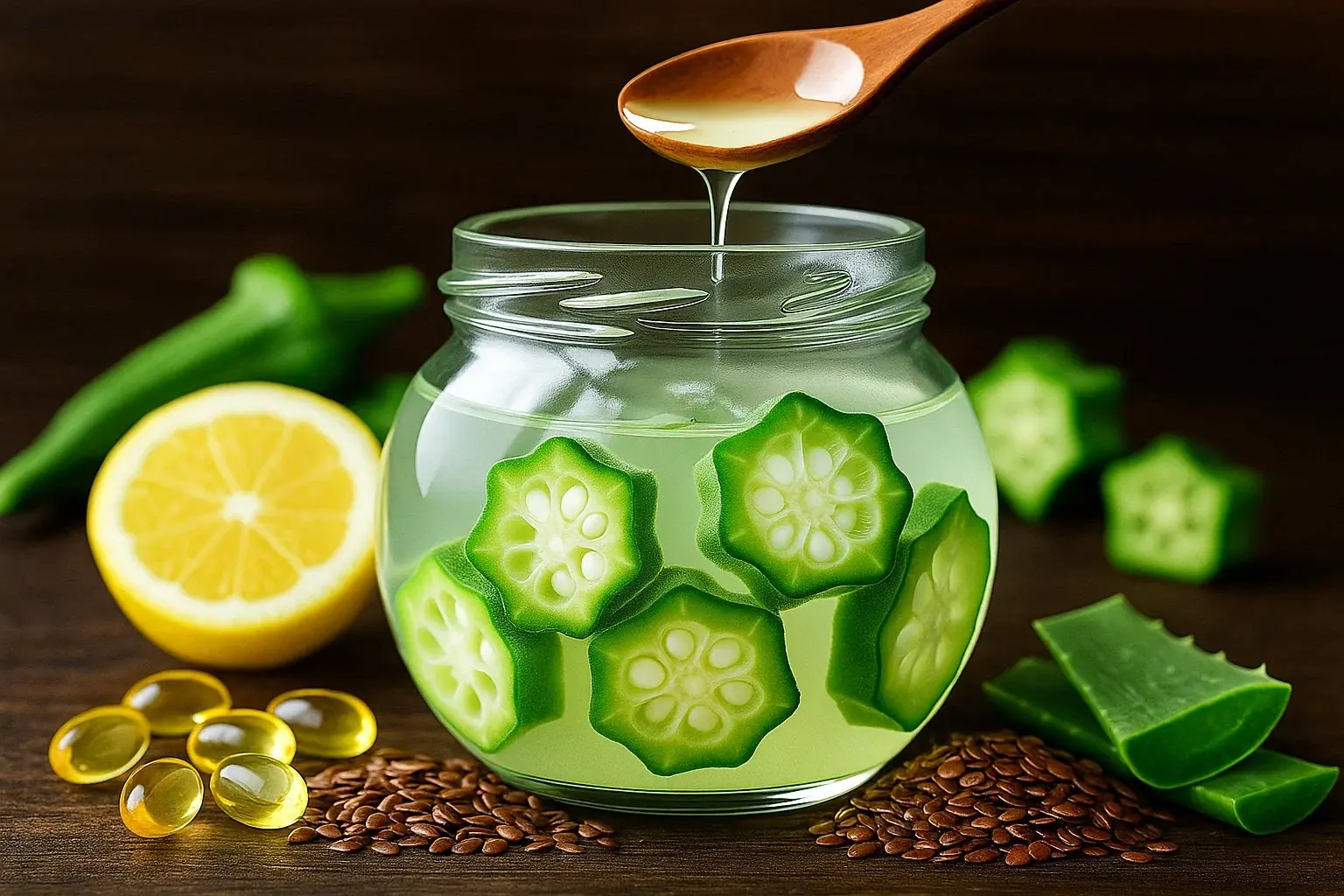
DIY Okra Face Gel Recipe for Radiant, Firm Skin: Collagen Boosting Skincare Solution for Glowing Skin
By incorporating this okragel into your nightly skincare routine, you can enjoy smoother, firmer, and more radiant skin in just a few simple steps.
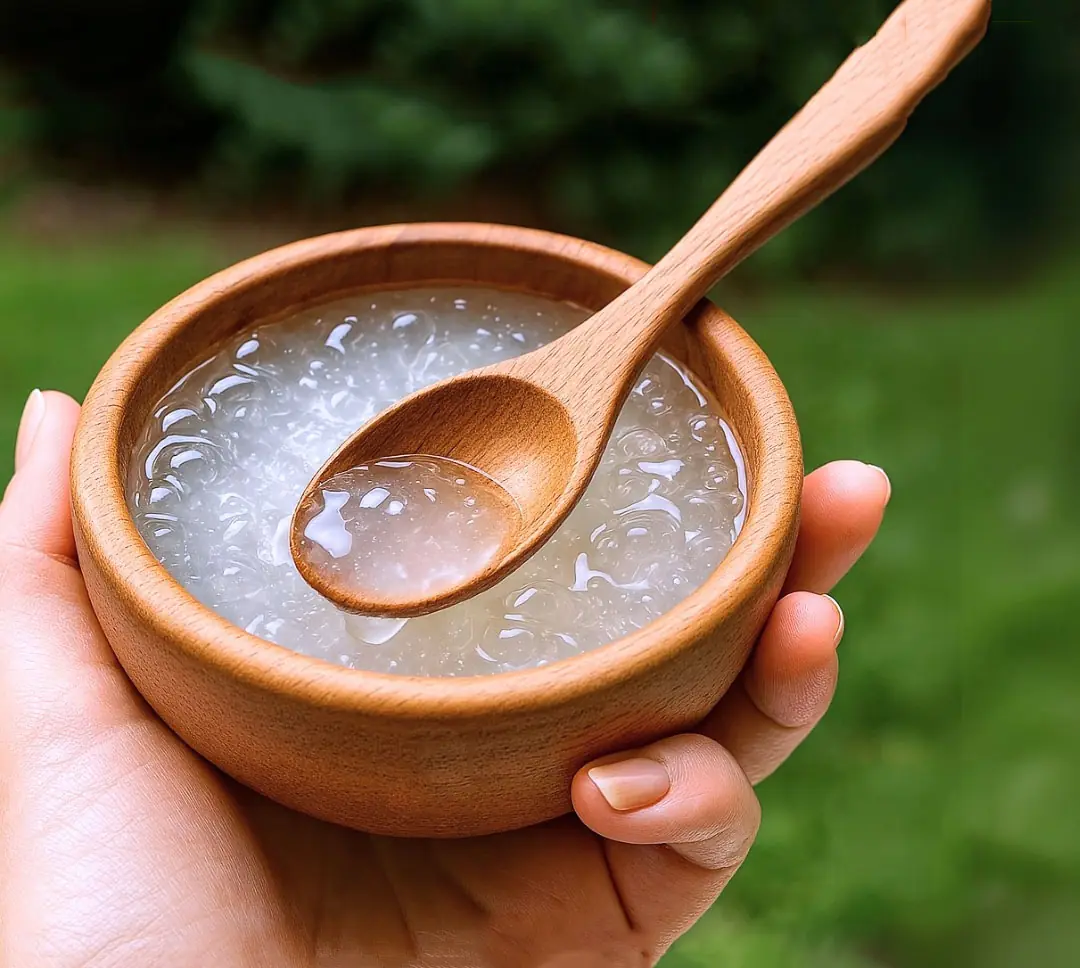
Homemade Rice Face Cream: A Simple, Natural Skincare Solution to Achieve Radiant Glass Skin in 7 Days
It’s time to create the DIY rice face cream that will help you achieve glowing, glass-like skin in just 7 days.
